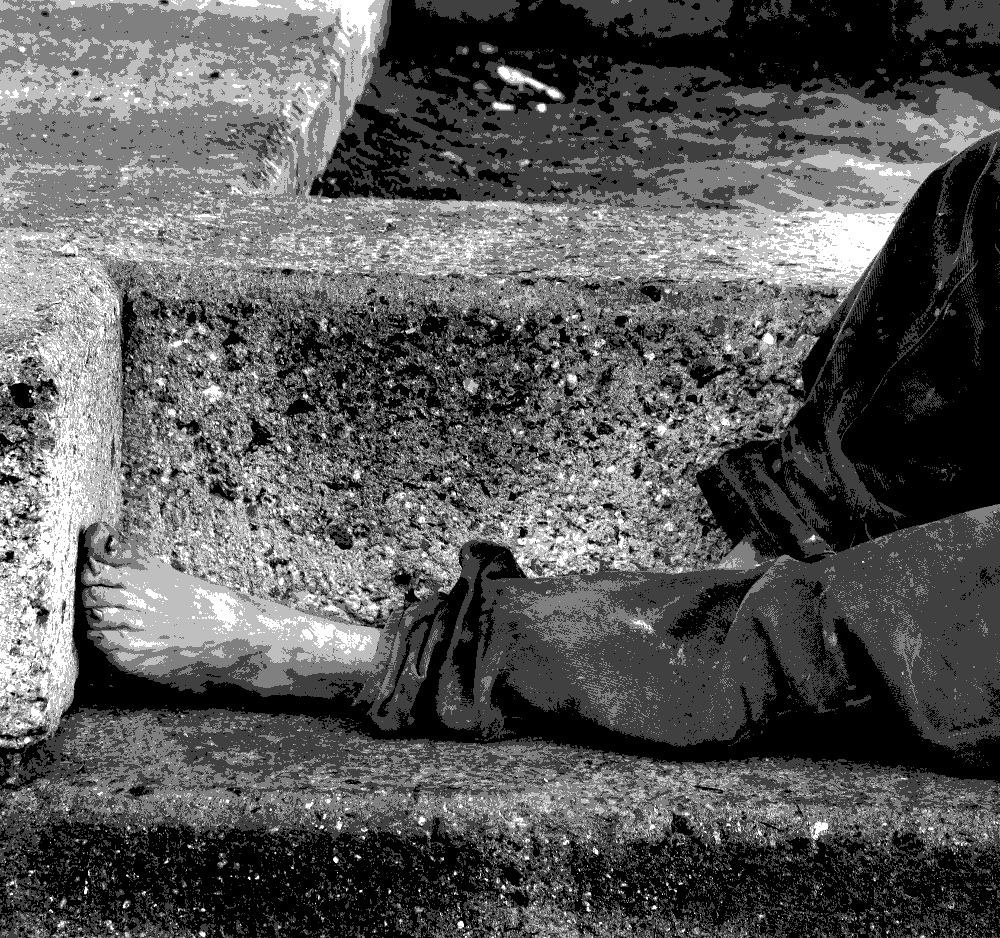Policing impact checked
 New research looks at how policing impacts the homeless.
New research looks at how policing impacts the homeless.
A recent study highlights the significant impact that constant police interactions have on people experiencing homelessness across Australia.
Conducted by Professor Thalia Anthony from the University of Technology Sydney (UTS), the study delves into the experiences of over 160 homeless individuals from every Australian capital city and two regional centres, providing a stark picture of how policing practices contribute to their daily struggles.
The research - Hyper‑policing the Homeless: Lived Experience and the Perils of Benevolent and Malevolent Policing - reveals that many homeless people feel intimidated, harassed, and stigmatised due to constant and often intrusive police interactions.
These include identification checks, questioning, fines, move-on orders, and even arrests, which leave them feeling continuously targeted simply for being homeless.
Professor Anthony says that the voices of homeless individuals are often overlooked in discussions about policing and justice.
“We often get the perspective of support agencies, courts and lawyers, but the system very rarely hears the voices of those experiencing homelessness,” she said.
While some may expect that homeless individuals would seek better policing, the study found that many simply want to be left alone and have access to basic necessities like housing.
“The answer is not some normal level of policing or better policing – but freedom from policing,” one participant said.
The study also highlights the disproportionate effect of policing on First Nations people, who experience homelessness at rates six times higher than the general population.
They report higher levels of police violence, with some recounting severe physical abuse.
Many express a deep fear of dying in custody, reflecting the pervasive impact of police presence on their lives.
The research underscores the psychological toll of these interactions.
For those already dealing with mental health issues, police involvement often exacerbates their distress.
One participant described how police intervention during a mental health episode made things worse, saying; “I just feel like it would’ve been a lot better if they just left me alone”.
The study also criticises government spending priorities, noting the stark contrast between the $6 billion spent on prisons in 2021-22 and the comparatively lower investment in social housing.
By reallocating resources towards housing and community support, the study suggests, Australia could address the root causes of homelessness rather than criminalising those already vulnerable.
Homelessness has been on the rise in Australia, having increased by 5.2 per cent between 2016 and 2021.








 Print
Print